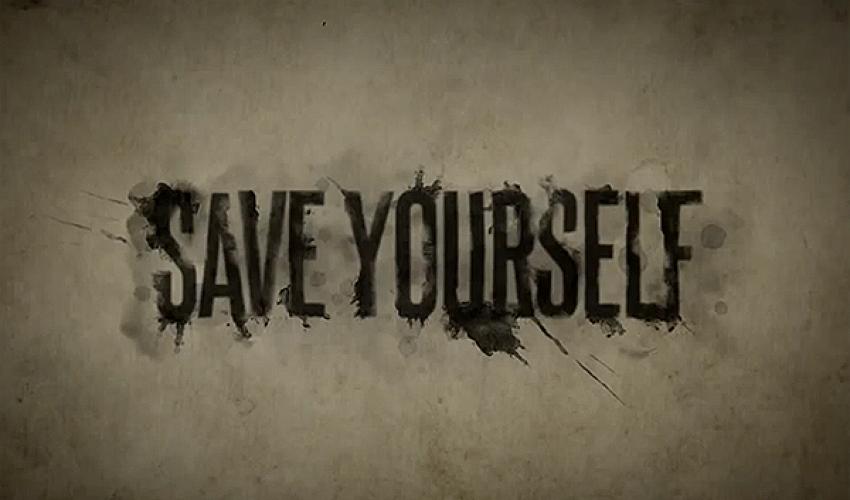
We have said it many times before in recent articles, the days of robbing banks in person are gone and now it all takes place behind a screen of a computer connected to the Internet.
The Internet can be the most useful tool in business, school or every-day life. At the same time, the Internet can make someone's life a living hell in the event that one becomes the next victim of a cybercrime. A large percentage of the world's population that uses computers over the Internet are aware of cybercrime and the consequences that they may face if they succumb to a cybercriminals' trap. Others who have no clue as to the dangers they face every day using the Internet must be educated before it is too late for them.
Thieves can accomplish their goal several ways such as using Internet chat rooms and spreading Trojan horses that drop key loggers on your computer to transmit any passwords, usernames and credit card numbers you use on your computer back to the thieves. Many online businesses today also store personal information about customers and shoppers on websites, and this provides another way for your personal information to be accessed, without your permission or knowledge.
Recommended: Read more on how to shop safely online
If a thief is able to access this personal information, he or she can;
· Use it to commit fraud in your name.
· Apply for loans or new credit card accounts.
· It's possible they could request a billing address change and run up your existing credit card without your knowledge.
· A thief could use counterfeit checks and debit cards or authorize electronic transfers in your name and wipe out funds in a bank account.
· Thieves can use your information to obtain a driver's license or other documentation that would display their photo but your name and information.
· Could to obtain a job and file fraudulent income tax returns,
· Apply for travel documents, file insurance claims, or even provide your name and mailing address to police and other authorities if involved in other criminal activities.
There are a plethora of criminal activities that could be done; the internet is global village that with everyone, occupation, race and even thieves have their own slice of the cake.
Another cybercrime is vishing: Vishing is the act of using the telephone in an attempt to scam the user into surrendering private information that will be used for identity theft. The scammer usually pretends to be a legitimate business, and fools the victim into thinking he or she will profit.
You can save yourself…if
Almost every worldwide government agency responsible for identity theft issues will tell you the same thing: The first step to fighting identity theft is to minimize the risk.
To do this they urge consumers to protect their personal information. Start by asking companies how they use your information, and for online transaction, take a moment to review a website's privacy policy. For Internet transactions, be sure the Web site offers secure data encryption and other services to protect your personal information.
In offline transactions don't provide credit card numbers, financial account numbers, and personal identifying information over the phone unless you know the communication line is secure. Ideally, you should initiate the phone conversation.
Lastly, there are recommended everyday practices, such as keeping an eye on postal mail to ensure your bills are arriving when they should be, and taking the time to properly dispose of paper documents that may contain credit card numbers and other identifying personal information.
Remember: The more private and secure you keep your personal identifying information, the less susceptible to identify theft you are.
- Log in to post comments





